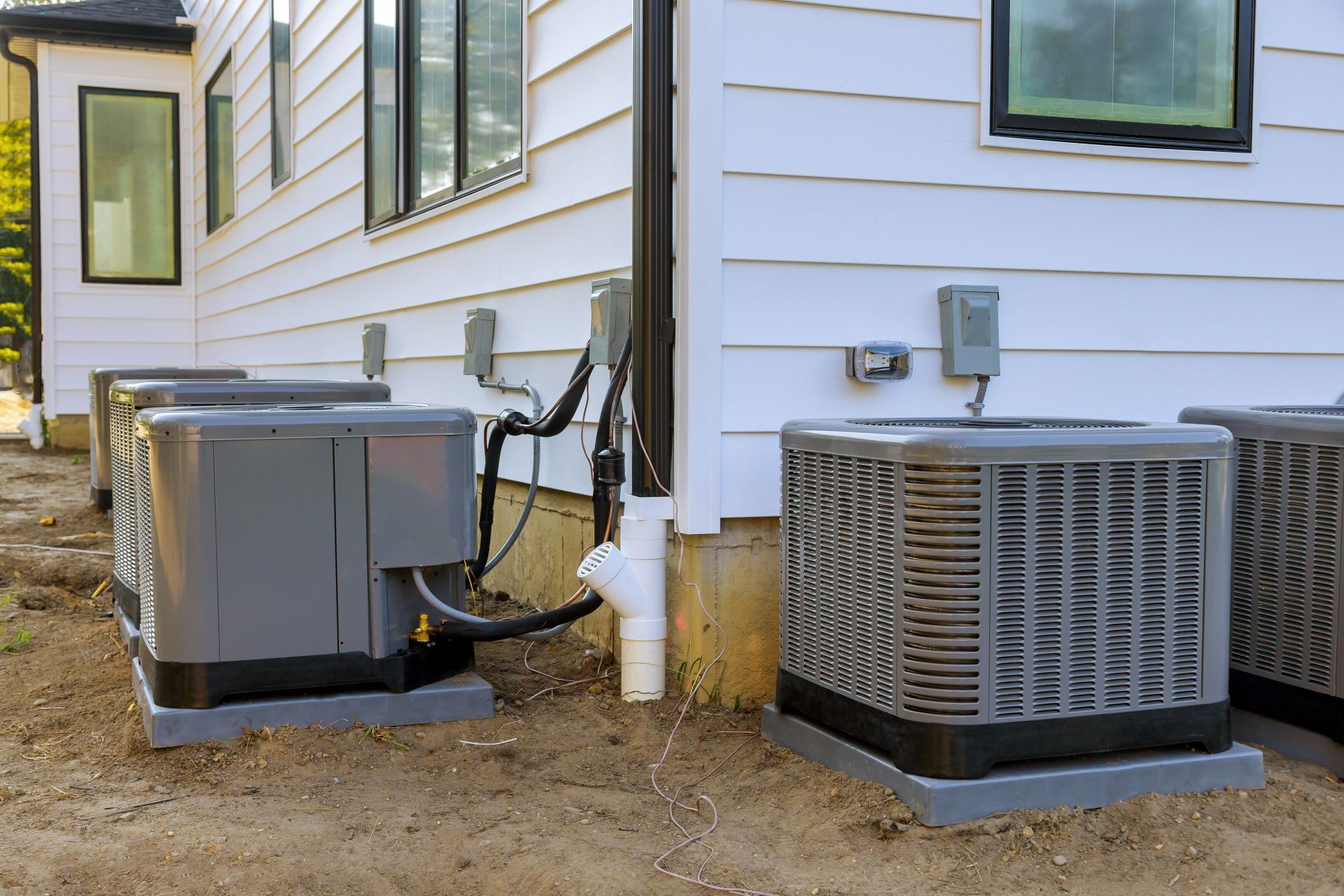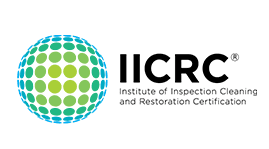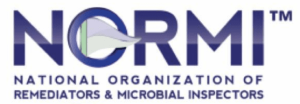HVAC Services in Florida
HVAC, which stands for Heating, Ventilation, and Air Conditioning, is a system that plays a crucial role in maintaining a comfortable and healthy environment in homes and buildings. This guide will dive deep into what HVAC services entail, why they are important, and how they can improve your living or working space, especially in climates that experience extreme temperatures.
Get Your Free Estimate
Comprehensive Guide to HVAC Services: Keeping Your Home Comfortably Cool or Warm
What Is HVAC?
HVAC systems are designed to control the indoor climate and ensure good air quality in a building. They do this by regulating the temperature, humidity, and airflow, making indoor environments comfortable regardless of outdoor weather conditions.
Key Components of an HVAC System
- Heating: This component can include a furnace or a heat pump that provides warmth to the building.
- Ventilation: This involves the exchange of indoor air with outdoor air, ensuring that indoor air quality is maintained.
- Air Conditioning: Air conditioners remove heat and humidity from the indoor air, keeping the space cool and comfortable.
Importance of HVAC Services
Proper installation, regular maintenance, and timely repairs of HVAC systems are crucial for several reasons:
1. Comfort: Efficiently working HVAC systems keep the temperature and humidity at comfortable levels.
2. Air Quality: Good HVAC systems filter out pollutants, allergens, and dust from the air, which is particularly important for people with allergies or respiratory issues.
3. Energy Efficiency: Well-maintained systems use energy more efficiently, which reduces utility bills and conserves energy.
4. Longevity of the System: Regular maintenance prevents major malfunctions and extends the lifespan of the HVAC system.
Types of HVAC Services
HVAC services encompass a variety of tasks that ensure the system is running efficiently and effectively:
HVAC Installation
Professional installation of an HVAC system is crucial for its efficiency and durability. This includes selecting the right size and type of system for the building, proper placement, and ensuring all components are correctly connected.
HVAC Maintenance
Regular maintenance includes cleaning filters, checking fluid levels, inspecting electrical circuits, and ensuring that all parts of the system are functioning properly. Maintenance can prevent small issues from becoming big problems that require costly repairs.
HVAC Repair
When an HVAC system breaks down, quick and effective repairs are necessary. Common issues include faulty wiring, low refrigerant levels, broken thermostats, or mechanical wear and tear. Professional technicians can diagnose and fix these problems to restore the system to optimal operation.
HVAC Replacement
Eventually, every HVAC system will need to be replaced. Signs that it might be time for a replacement include frequent breakdowns, increasing energy bills, and ineffective heating or cooling. Replacing an old system with a new, energy-efficient model can be a cost-effective decision in the long run.
Choosing the Right HVAC Service Provider
Selecting a qualified HVAC service provider is key to ensuring that your system is installed and maintained correctly. Here are some tips for choosing the right service:
- Check Credentials: Ensure the service provider is licensed and insured.
- Read Reviews: Look at customer reviews to gauge the quality of their service.
- Ask for Referrals: Friends and family can provide recommendations based on their experiences.
- Get Multiple Quotes: Compare quotes from different providers to find the best price and service offering.
Preventative Maintenance Tips
Homeowners can perform some basic maintenance tasks to keep their HVAC systems running smoothly:
- Regularly Replace Filters: Dirty filters restrict airflow and reduce efficiency. Replacing them regularly can improve air quality and system performance.
- Keep Vents Clear: Ensure that furniture or drapes are not blocking air vents.
- Schedule Professional Inspections: Having a professional inspect the HVAC system annually can help catch issues before they become serious.
The Benefits of Modern HVAC Technologies
Advances in technology have made modern HVAC systems more efficient, quieter, and more environmentally friendly. Features like smart thermostats allow homeowners to control their HVAC systems remotely and optimize energy use based on their daily schedules.
Conclusion
HVAC systems are essential for maintaining a comfortable, healthy, and efficient home or business environment. Understanding the various services associated with HVAC systems, from installation and maintenance to repair and replacement, can help homeowners and business owners make informed decisions about their climate control needs. Regular maintenance and timely upgrades can ensure that the system performs efficiently throughout its life, providing comfort and saving money in the long run. Whether you’re installing a new system or maintaining an old one, choosing the right service provider is crucial to the success of your HVAC investment.
Contact Us
Let's Talk About Your Next Project
Get Your Free Estimate
Well Home Solutions Is Certified and Accredited
Need Financing?
We know it is not easy to cover the cost of a project for unexpected home emergencies. We can help!
Have an issue? Let us handle it—call (305) 224-1666 for prompt service.













